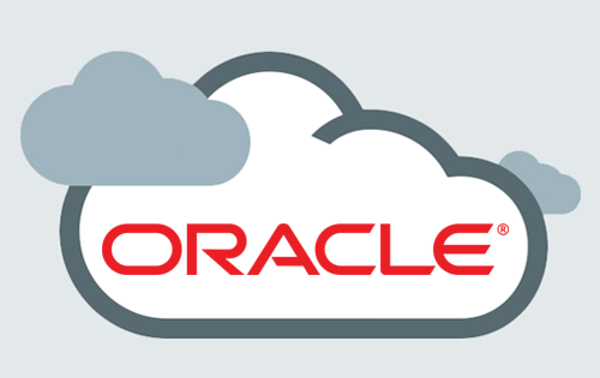M+E Connections

Oracle Execs: Strong Cloud Performance Gave Company a Q2 Lift
Story Highlights
Continued strong cloud performance provided Oracle with a boost to its results for the second quarter (ended Nov. 30), according to CEO Safra Catz.
“Customer adoption of our cloud products and services continues to be very strong,” while Oracle’s on-premise business “remains robust,” she said Dec. 14 on an earnings call. “Bottom line, our transition to the cloud is going well,” she said.
Cloud Software-as-a-Service (SaaS) revenue grew 47% in the quarter from a year ago, to $1.1 billion, while Fusion Cloud revenue jumped 56%, she told analysts. Combined Platform-as-a-Service (PaaS) and Infrastructure-as-a-Service (IaaS) revenue increased 20% to $398 million. But she pointed out that part of the Cloud PaaS and IaaS business is Oracle’s legacy hosting services, which “don’t share the same high growth characteristics as PaaS and next-gen IaaS services.”
Oracle, meanwhile, already started seeing benefits from the recent expansion of its Bring Your Own License (BYOL) program and expects to see major growth from the coming launch of its artificial intelligence (AI) and machine learning-based Autonomous Database, she said.
“With BYOL, we are seeing a strong increase in our technology installed base as customers renew their unlimited license agreement, invest in more licenses and options and renew support,” Catz said, adding: “Because BYOL is now available and customers better understand their transition options to move to the Oracle Cloud … new software license revenue is dramatically improving from the declines we were seeing previously. We expect this trend to continue as we roll out Autonomous Database as customers license the options and technology they need. We expect to continue to take share in database.”
Oracle customers were already able to bring their on-premises licenses to Oracle IaaS. In September, the company announced it was expanding the offering by enabling customers to reuse their existing software licenses for Oracle PaaS, including Oracle Database, Oracle Middleware, Oracle Analytics and others.
Oracle will launch the Autonomous Database in January, company founder, chairman and CTO Larry Ellison, told analysts on the call. “We expect this innovative new technology to dramatically accelerate the growth of our PaaS and SaaS businesses and keep our database license business strong as well,” he said, noting the new and enhanced version of the Oracle database is “totally automated, a self-driving system that does not require human beings to either manage or tune the database,” and uses AI “to eliminate most sources of human error.”
Autonomous Database will be “an enormous driver for customers to actually move their important workloads to the cloud,” Catz said during the Q&A. Responding to the same analyst question, Ellison added: “Economics in the cloud are so much better than what’s available on premise, that we think our customers are going to move very, very rapidly to the cloud.”
Oracle reported total Q2 revenue grew 9% from a year ago, to $9.6 billion. Profit grew 10% to $2.2 billion (52 cents a share). Overall cloud revenue grew 44% to $1.5 billion, and that “drove our quarterly revenue and earnings higher,” according to Catz.
“We think the company had a solid quarter as it continues its transition to the cloud,” Stephen Bersey, an analyst at MUFG Securities Americas, said in a research note. Although Oracle’s forecast for cloud was “a little light, in our opinion,” he said: “We think that [Oracle] has passed the inflection point for its cloud transition and think that the slight slowdown in PaaS and IaaS revenue growth is transitory, as it is still in the earlier stages and subject to potential fits and starts. Moreover, the company’s quarterly cloud revenue of $1.5B will increasingly be affected by the law of large numbers.”
He called Oracle’s BYOL sales option “an innovative way to retain perpetual license customers” as the company shifts to a cloud-based software delivery model. “BYOL enables customers to move existing license and maintenance contracts to new products and applications, which we think may reduce customer churn that can occur during subscription model transitions,” he said, adding he believed Oracle’s Autonomous Database especially “will benefit from BYOL as existing” Oracle database customers move to its newer product.









